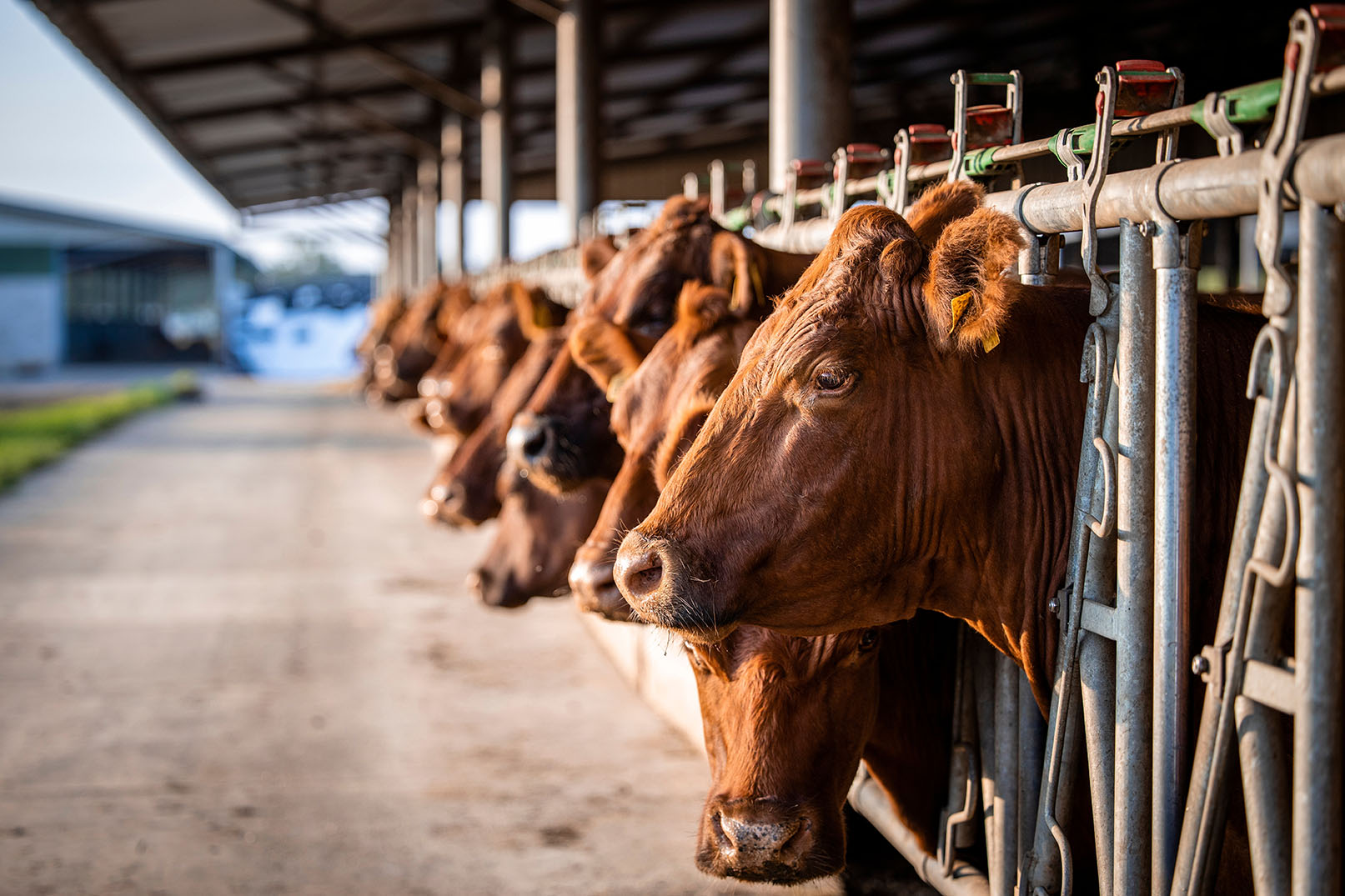

Breeding is the process of selecting and mating organisms with desired traits to produce offspring with those traits.
Breeding can be done for a variety of reasons, such as to improve the quality of livestock, to create new varieties of plants, or to produce animals or plants with specific traits for research purposes.
There are two main types of breeding: selective breeding and genetic engineering. Selective breeding is the process of choosing organisms with desired traits and breeding them together. Genetic engineering is the process of manipulating the genes of an organism to produce offspring with desired traits.
The dog breeder is careful about the breeding of her dogs.

Noun:
breeding (the act of breeding animals or plants).
breeding (the qualities or characteristics that are passed on from parents to offspring).
Adjective:
well-bred (behaving or having the qualities of a well-bred person).
Verb:
to breed (to produce offspring).
The word "breeding" has an interesting etymology. It comes from the Old English word "breedan," which means "to bring forth offspring." The Old English word "breedan" is thought to be related to the Proto-Germanic word "brugjan," which also means "to bring forth offspring.".
What does a dog breeder need to think about?
Question:
Define the term "breeding" in the context of biology. What is the significance of selective breeding in agriculture and animal husbandry?
Answer:
In biology, "breeding" refers to the process of mating and reproduction among organisms, resulting in the production of offspring.
Significance of Selective Breeding:
Selective breeding is a controlled breeding technique used in agriculture and animal husbandry to produce offspring with desired traits. By selecting parents with specific characteristics, such as high crop yield, disease resistance, or favourable physical traits in animals, humans can influence the genetic makeup of the next generation. Over time, this can lead to the development of new plant varieties or animal breeds that are better suited for certain purposes, such as improved food production, increased yield, or specific desirable traits. Selective breeding has played a crucial role in improving agricultural productivity and the quality of livestock, leading to more efficient and productive agricultural practices.
Address
Developing Experts Limited
Exchange Street Buildings
35-37 Exchange Street
Norwich
NR2 1DP
UK
Phone
01603 273515
Email
hello@developingexperts.com
Copyright 2025 Developing Experts, All rights reserved.